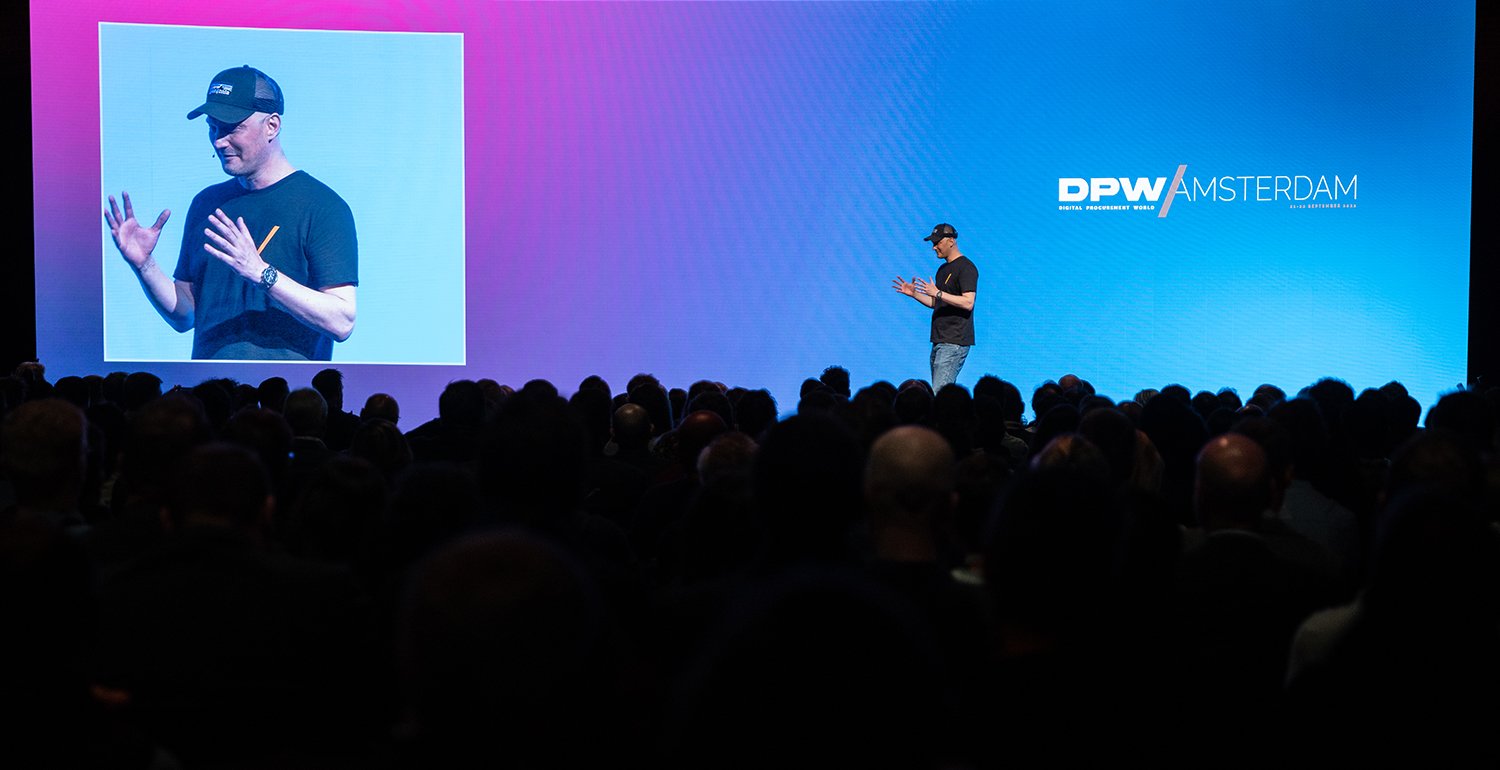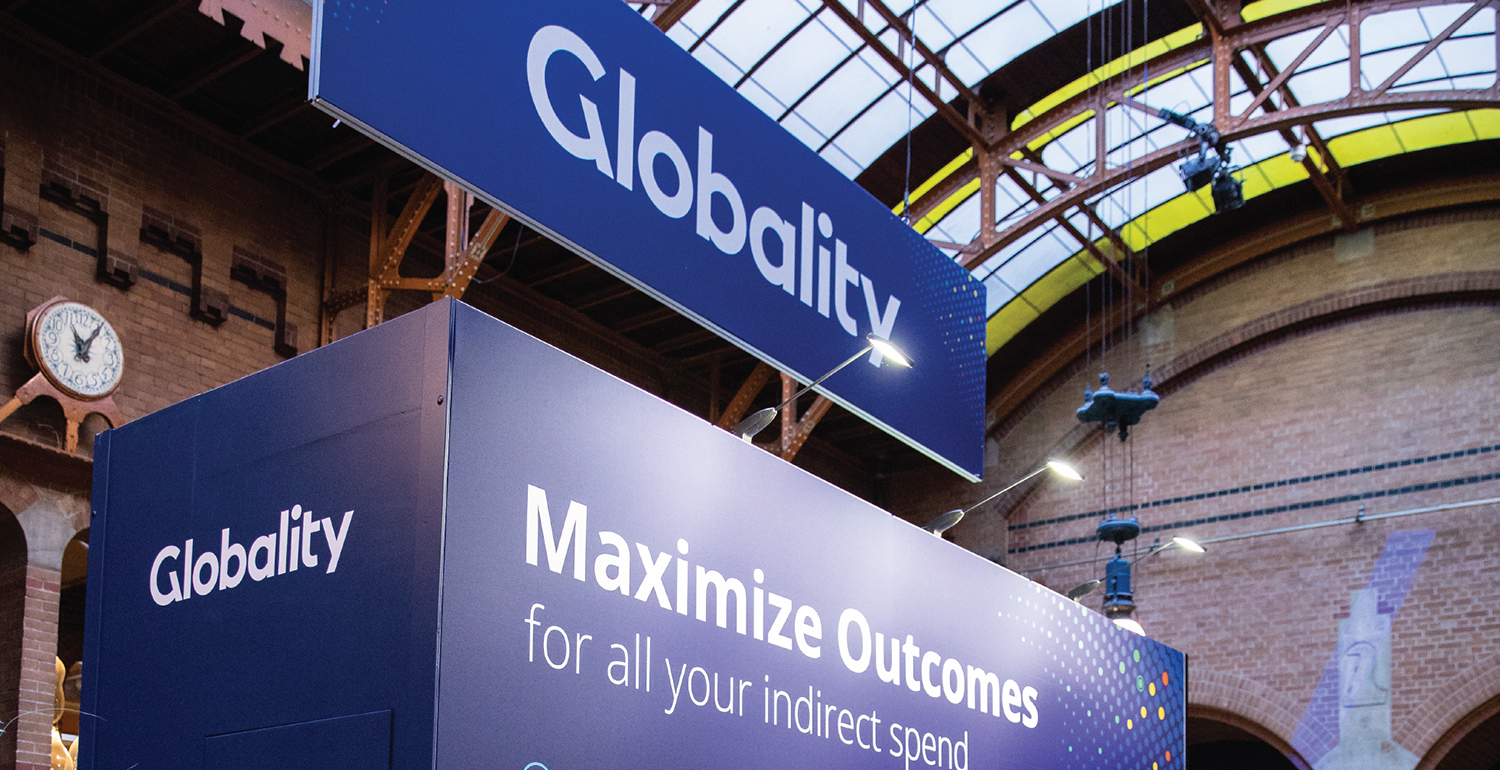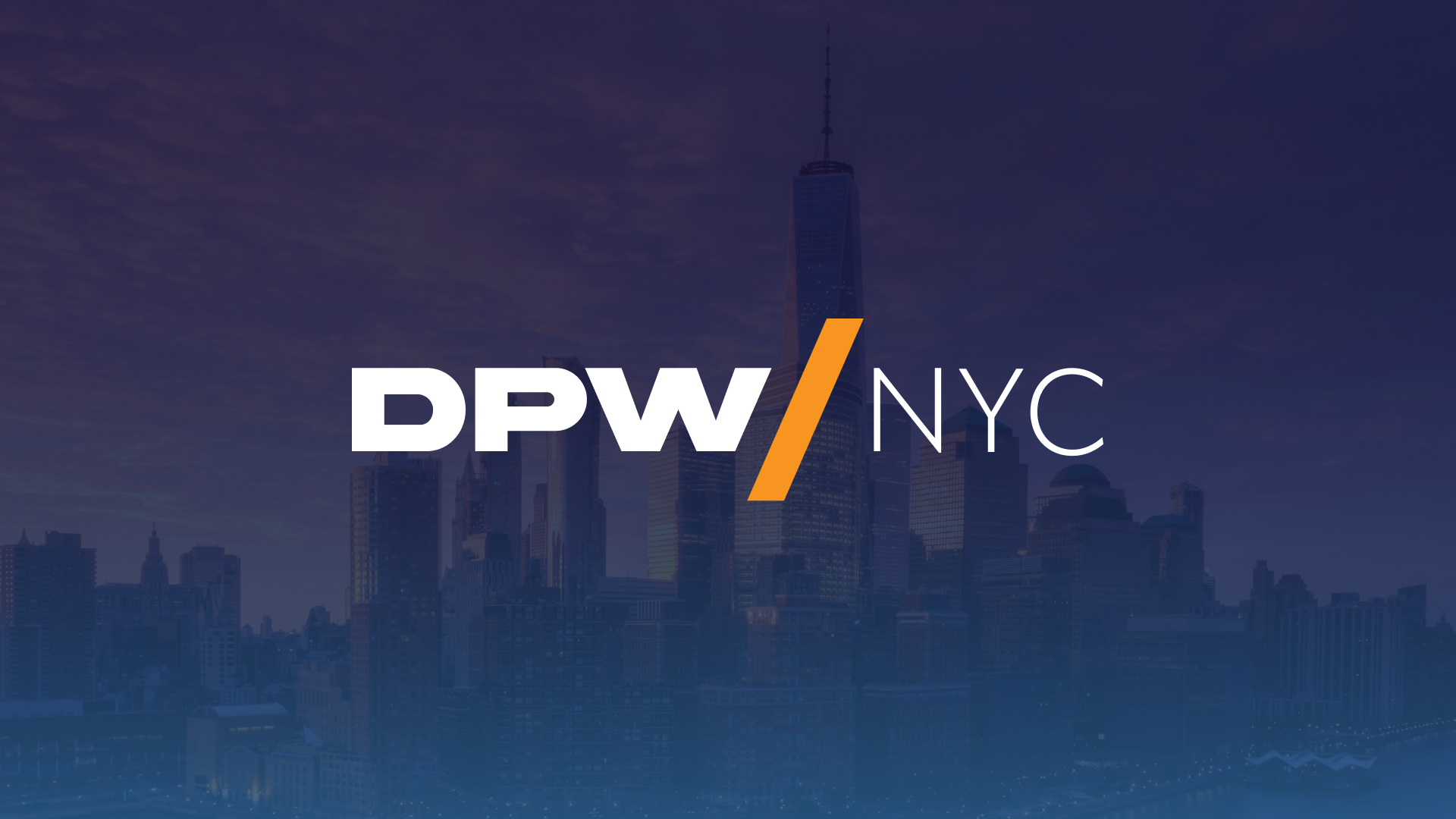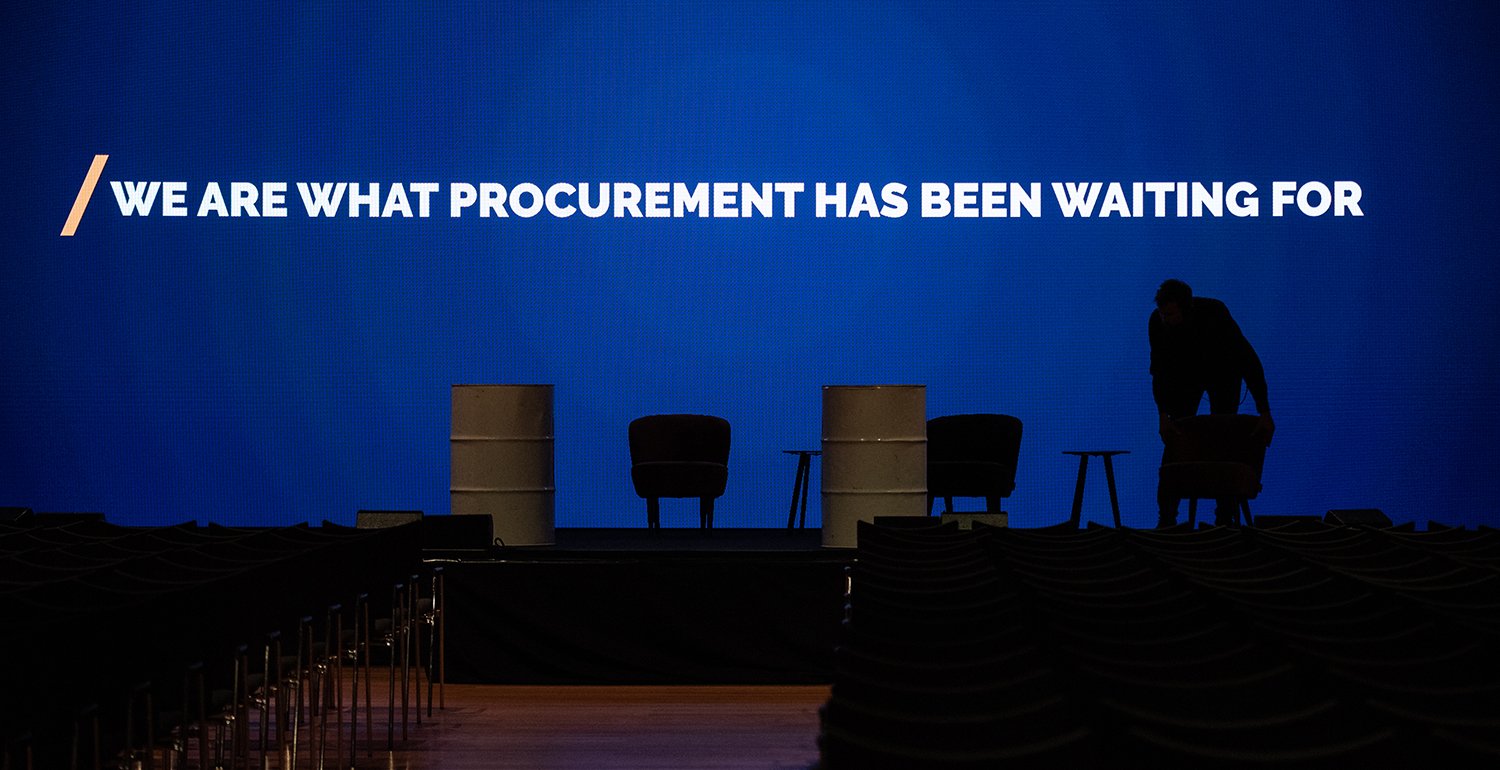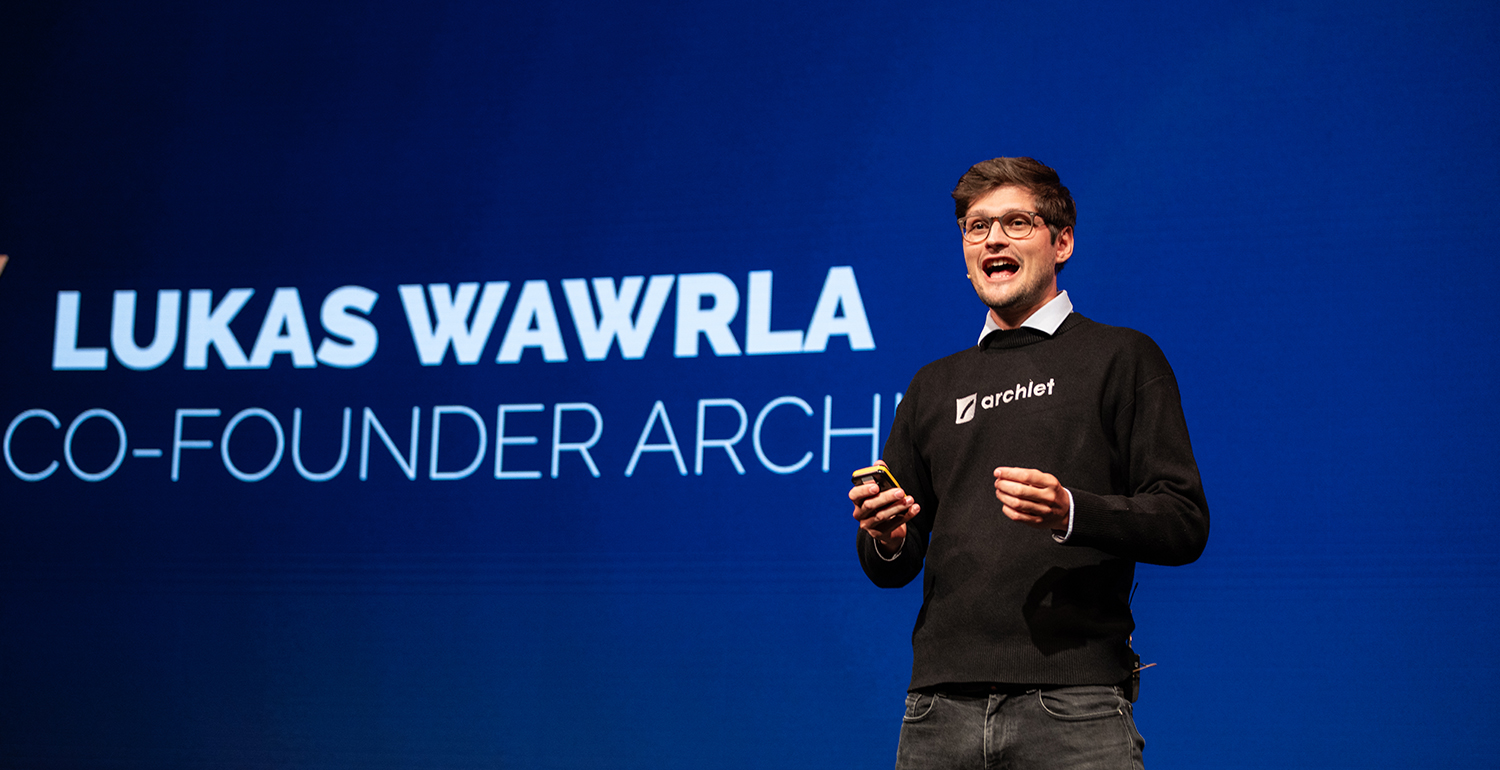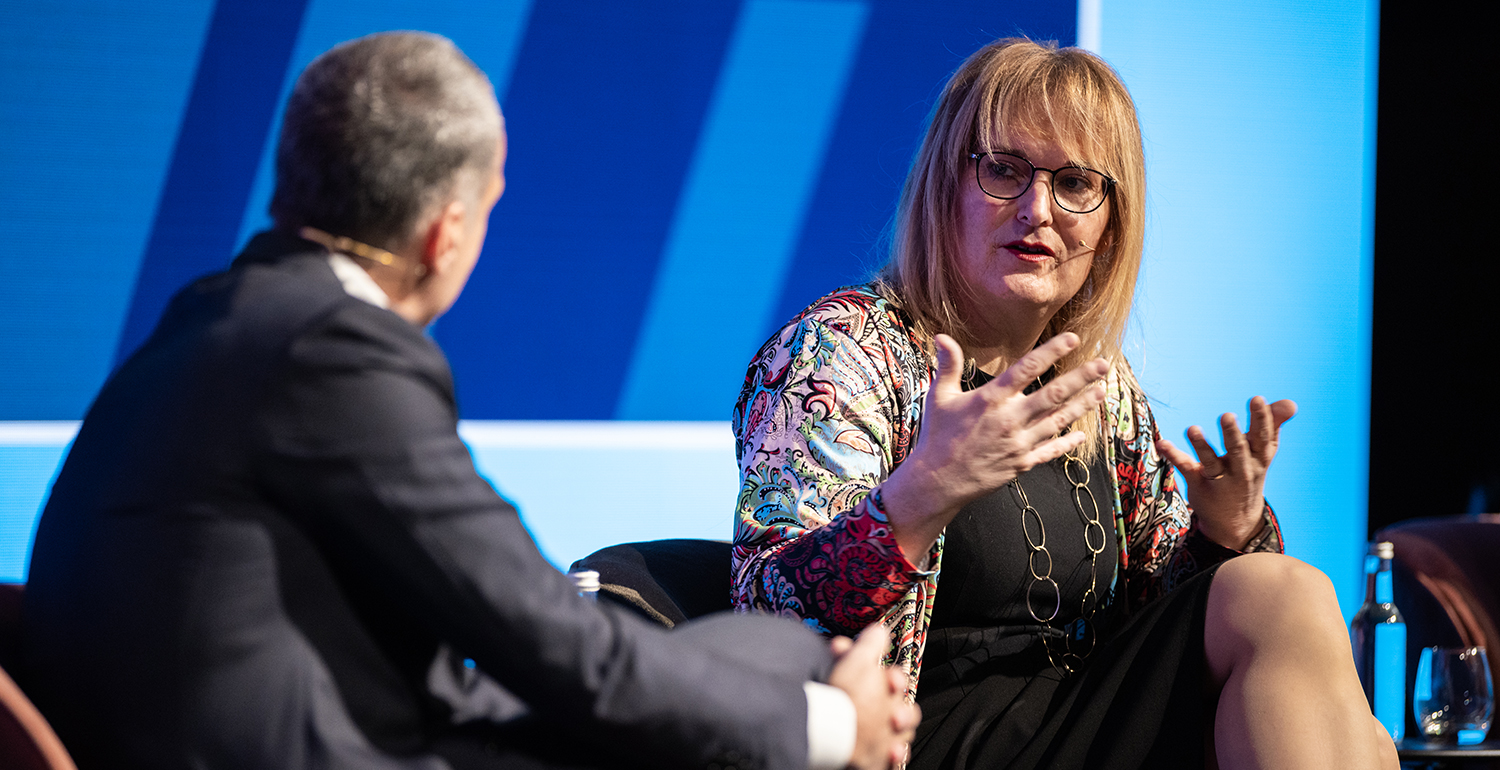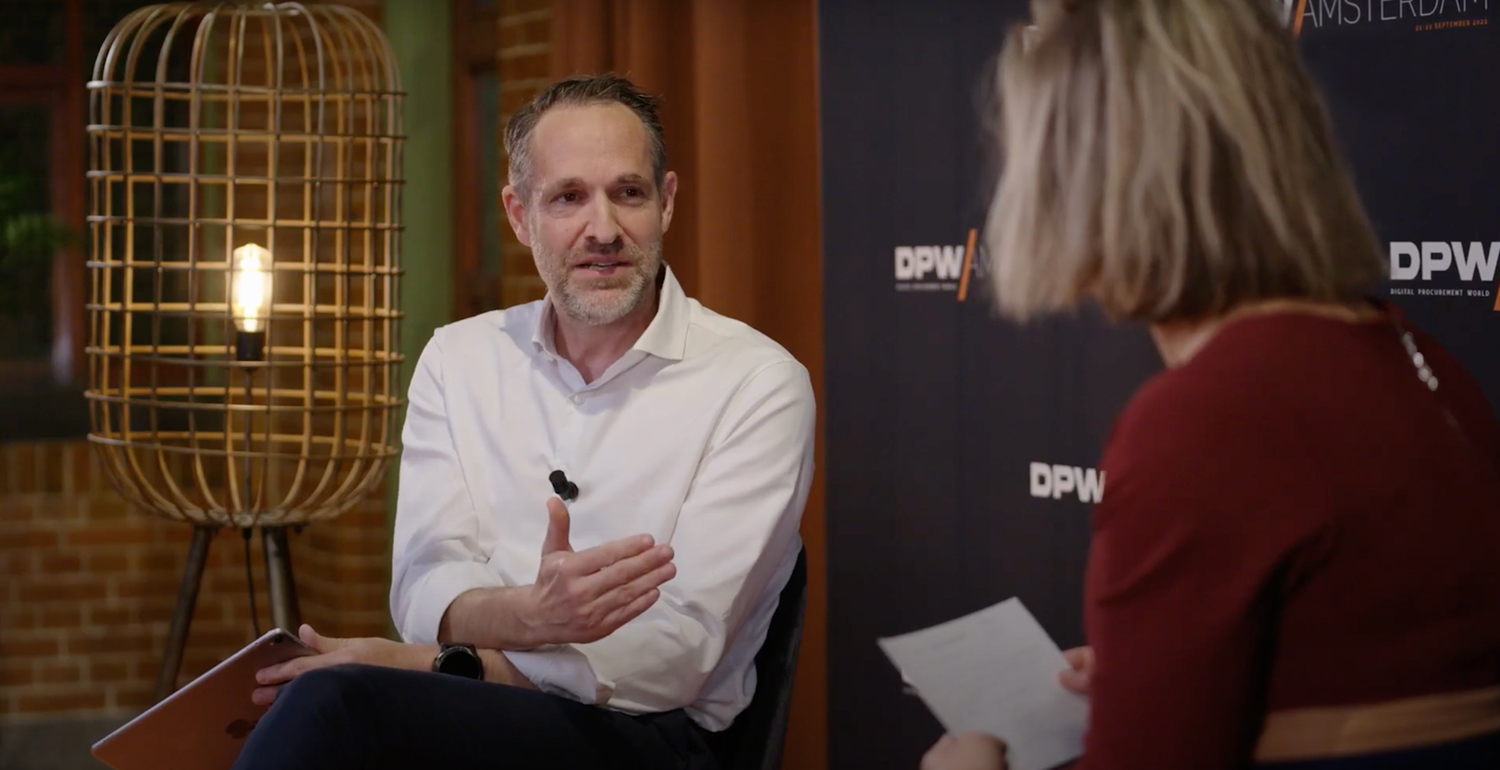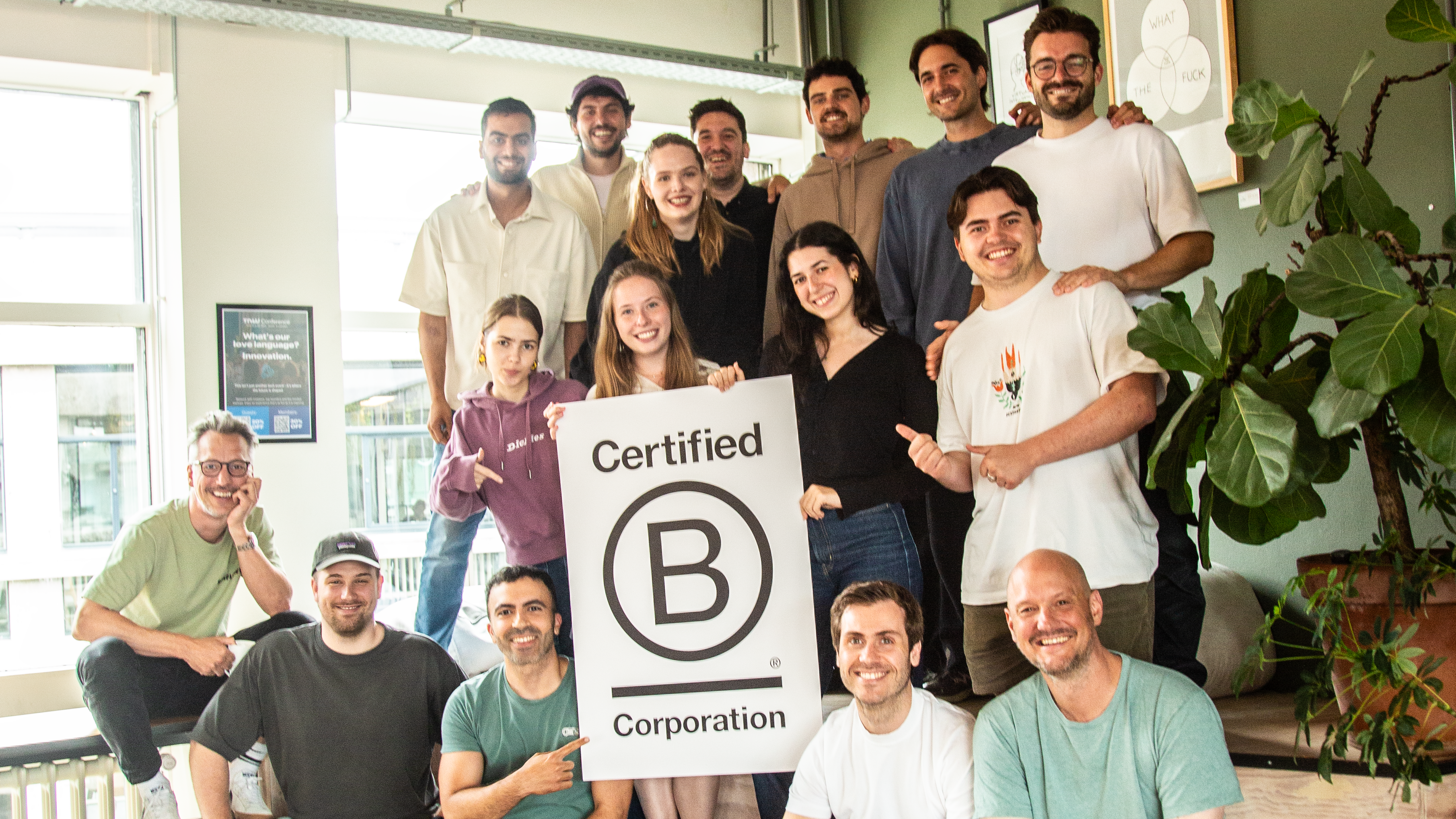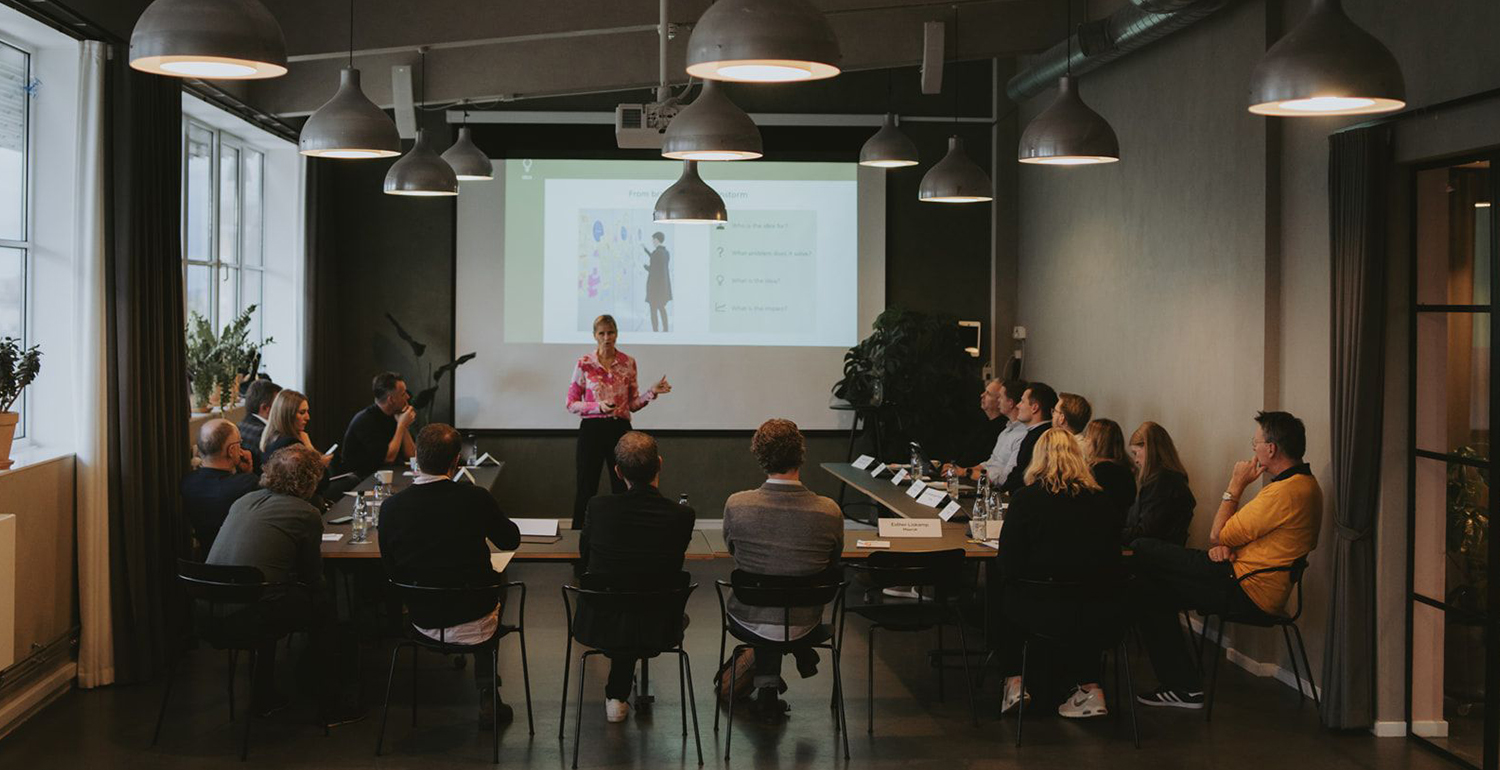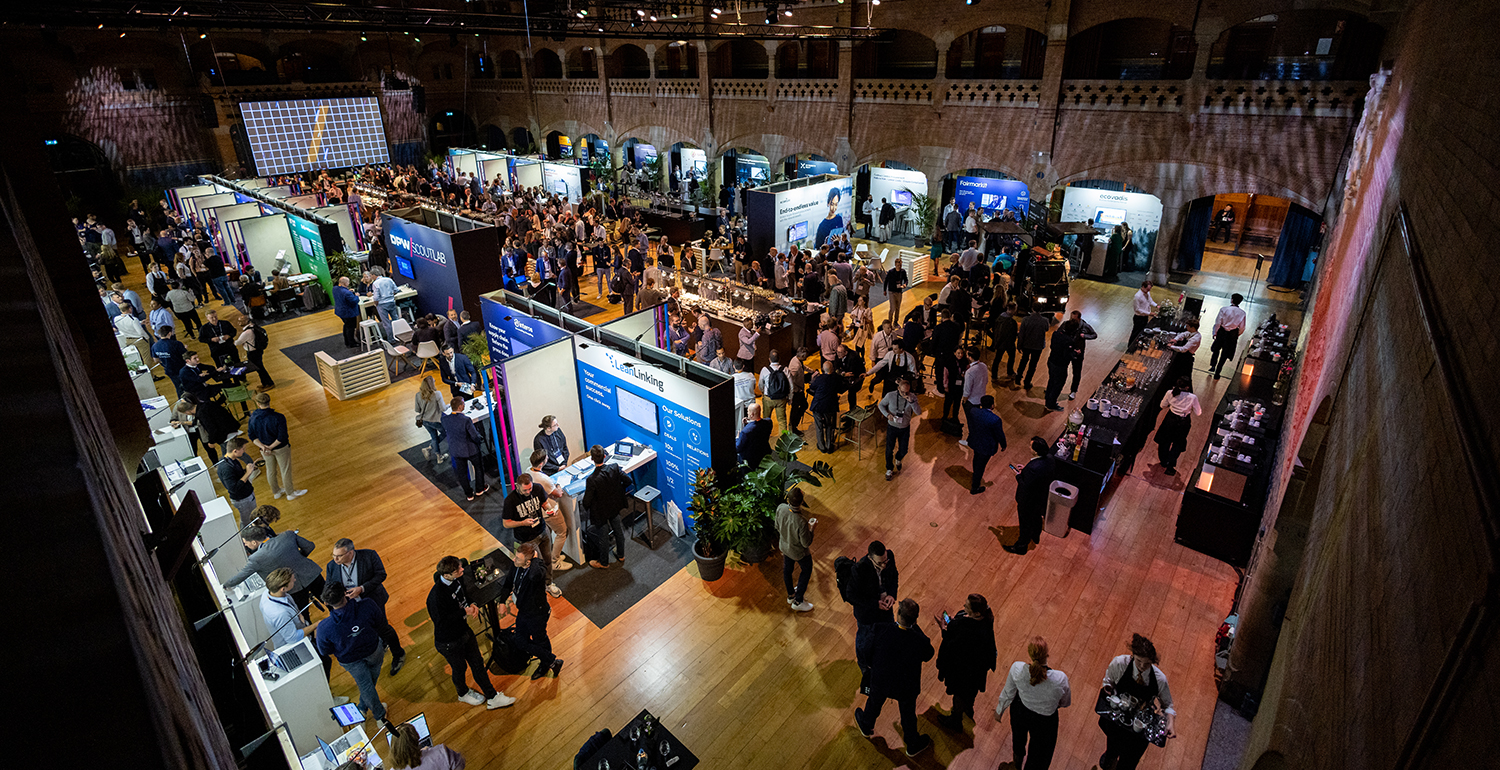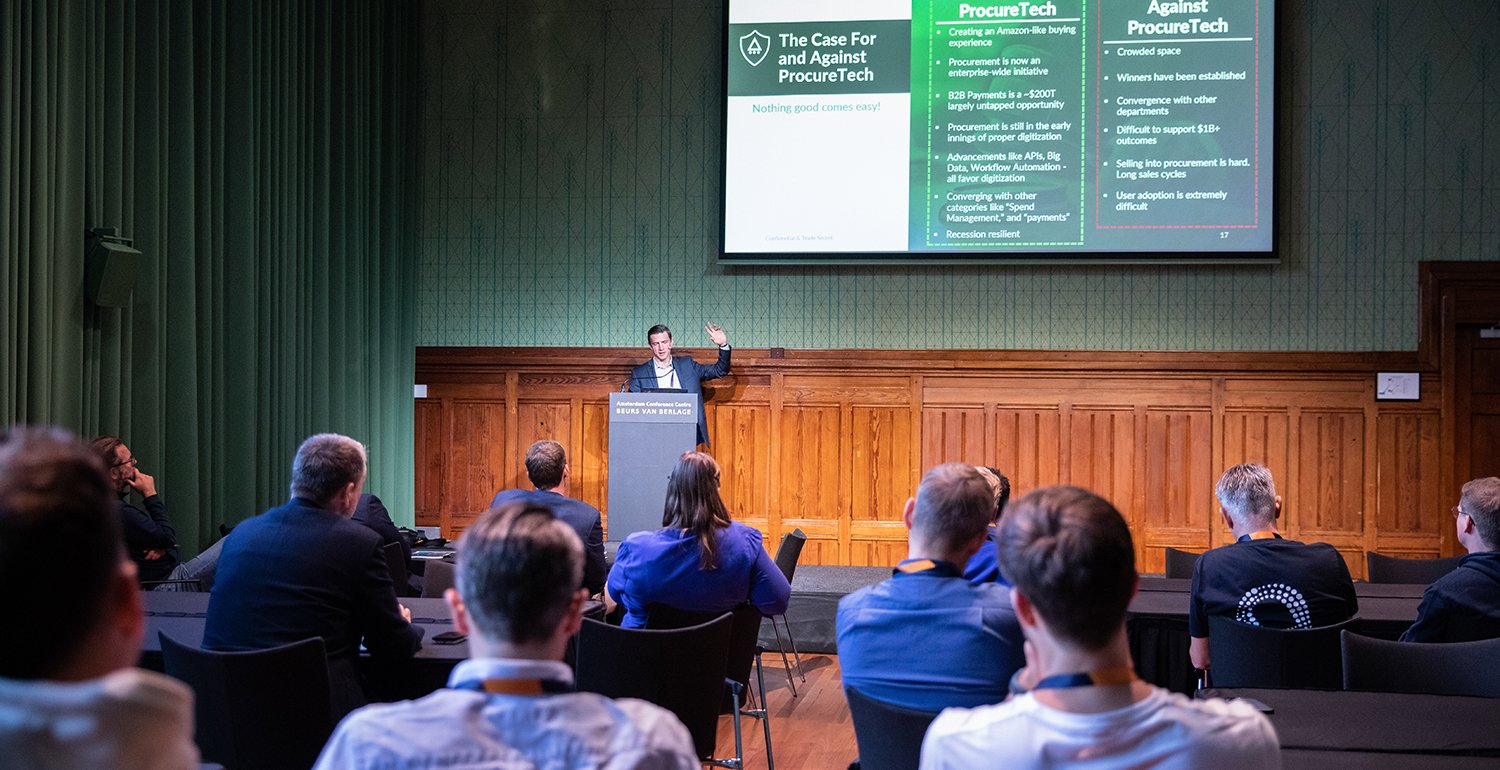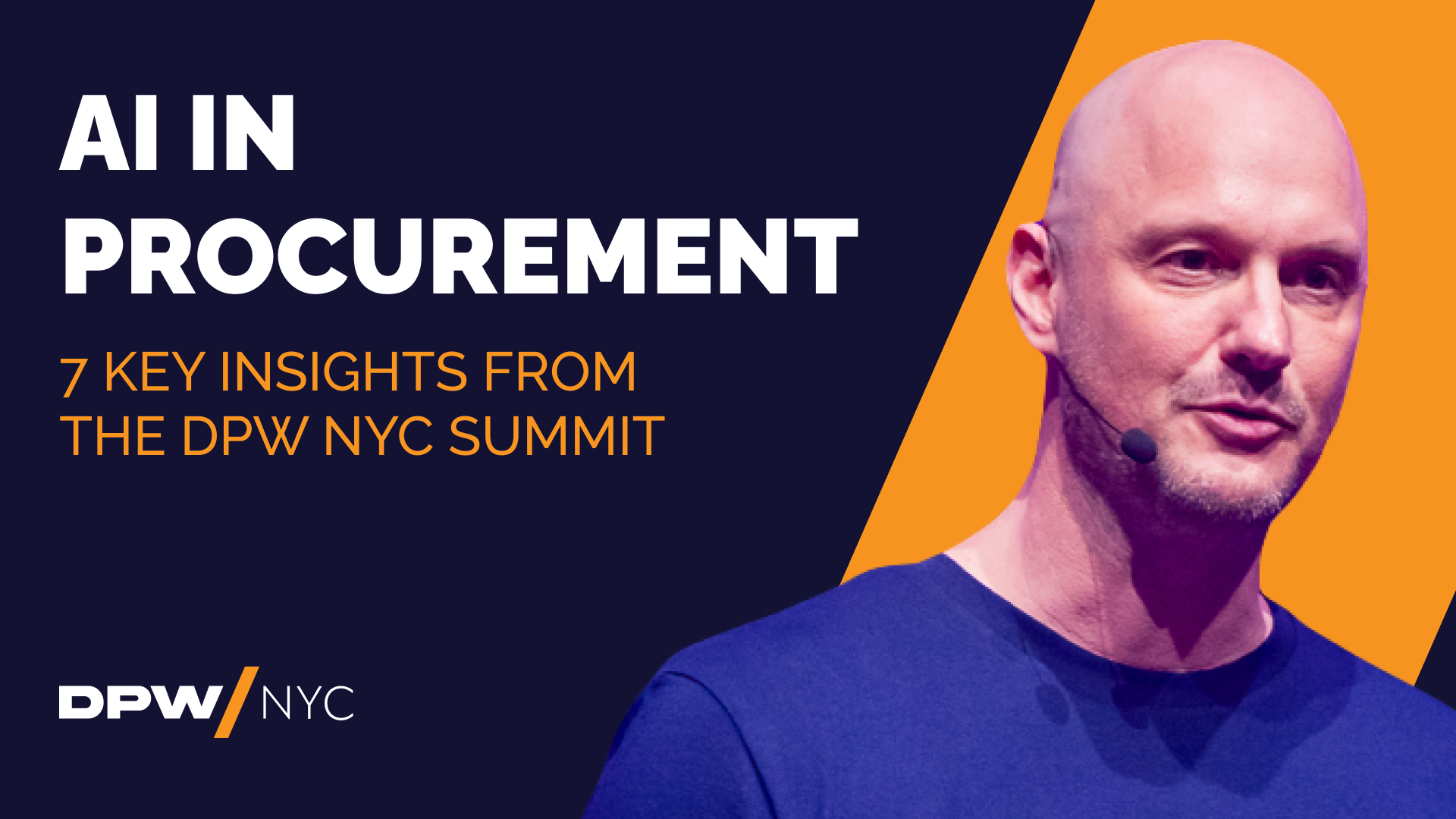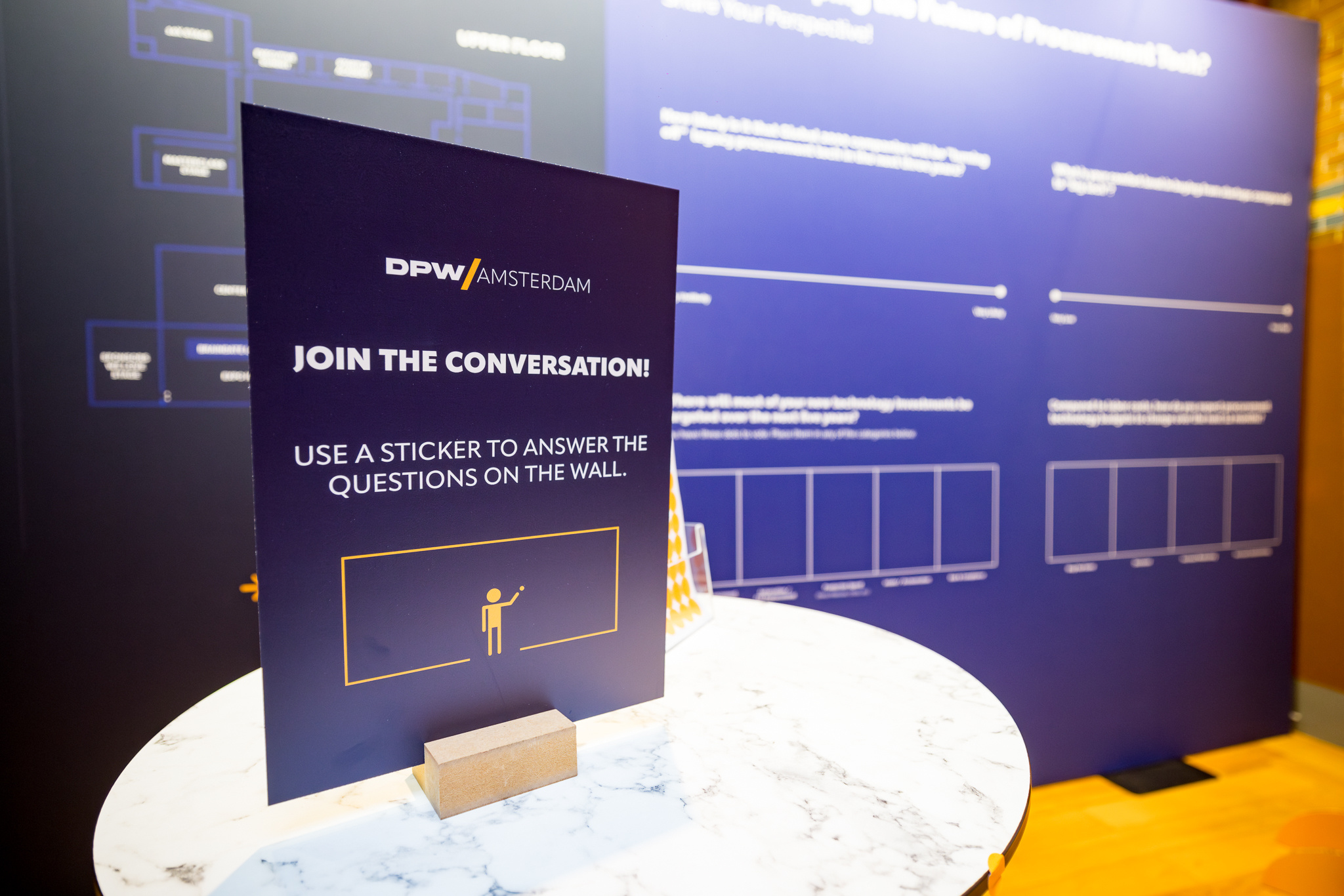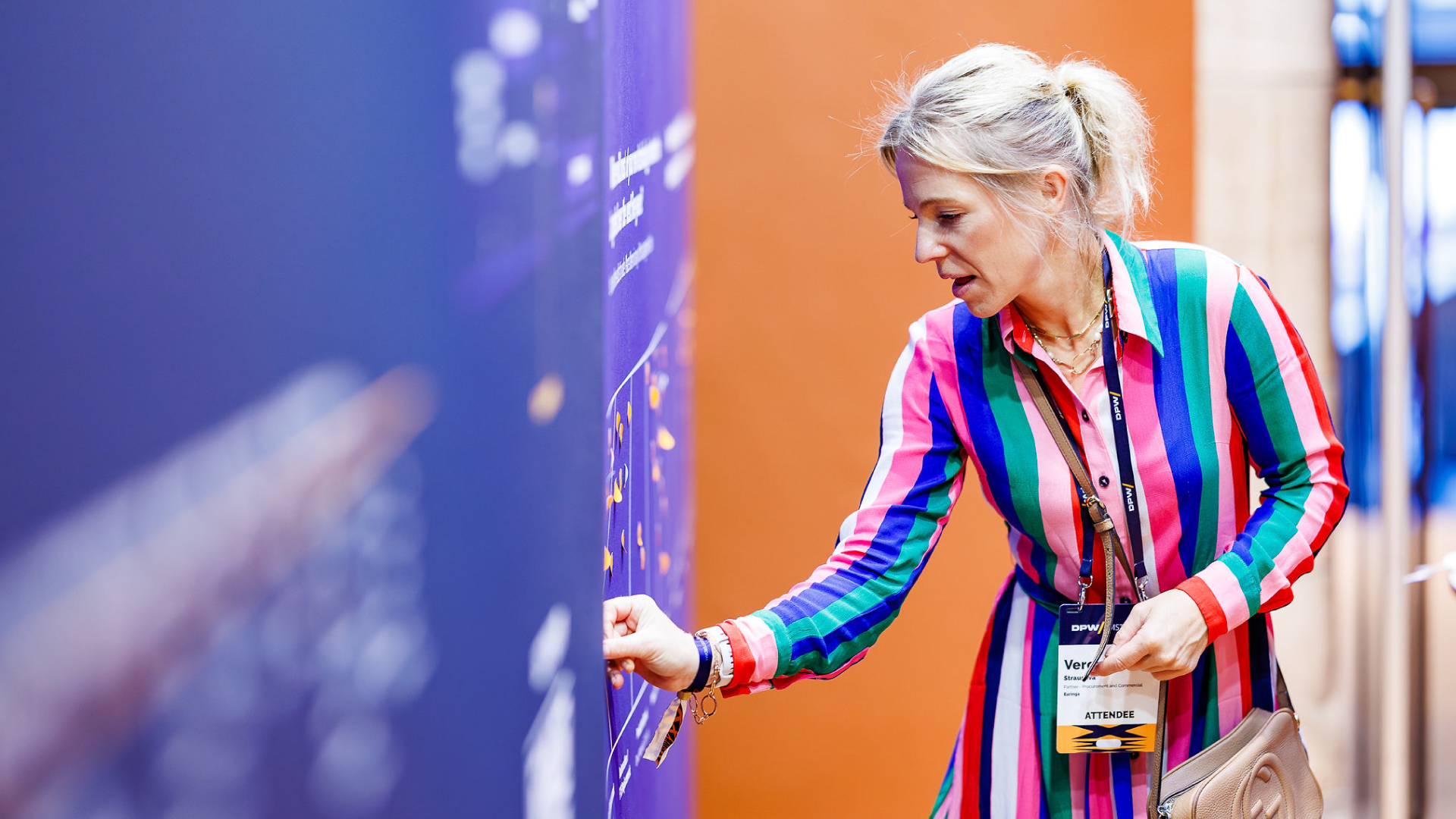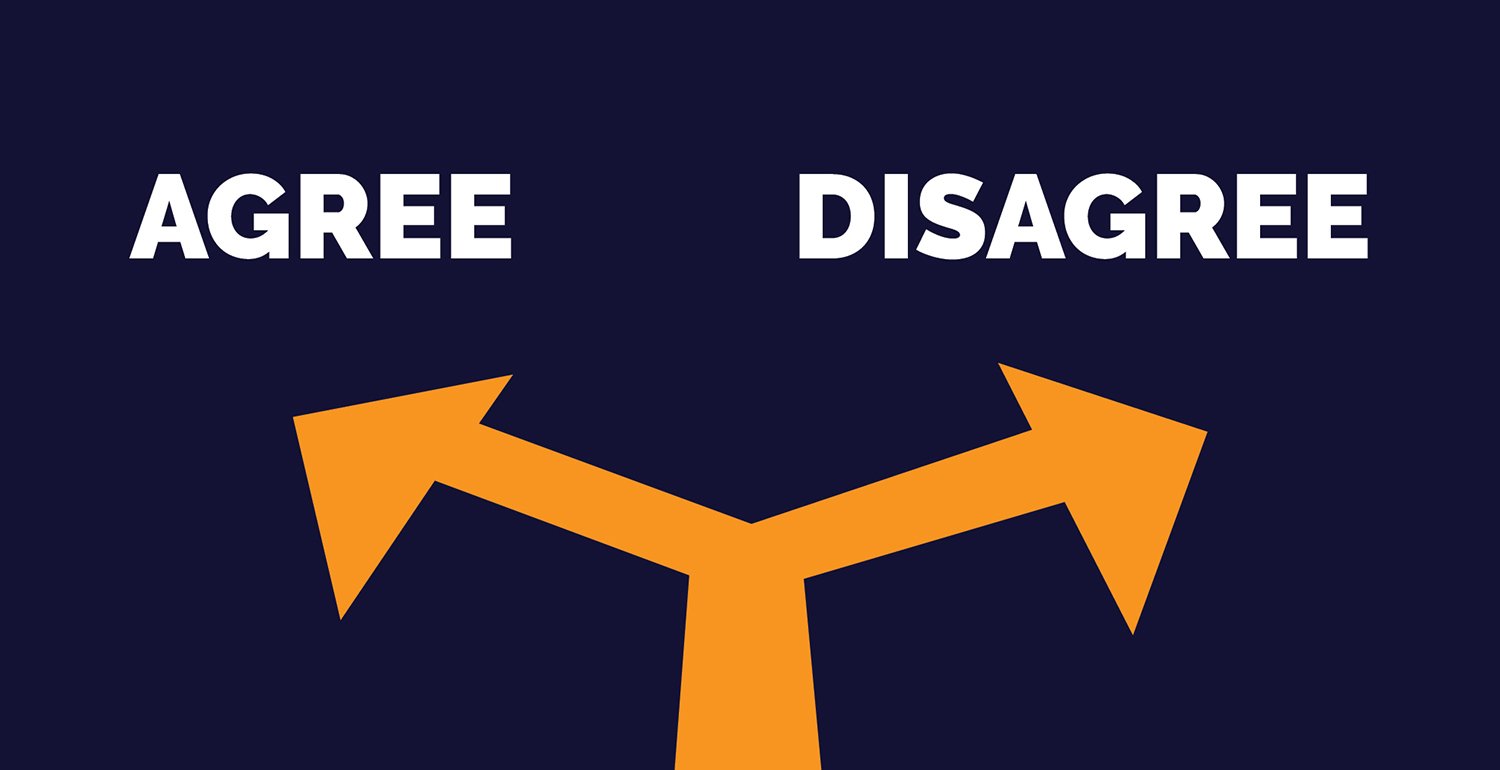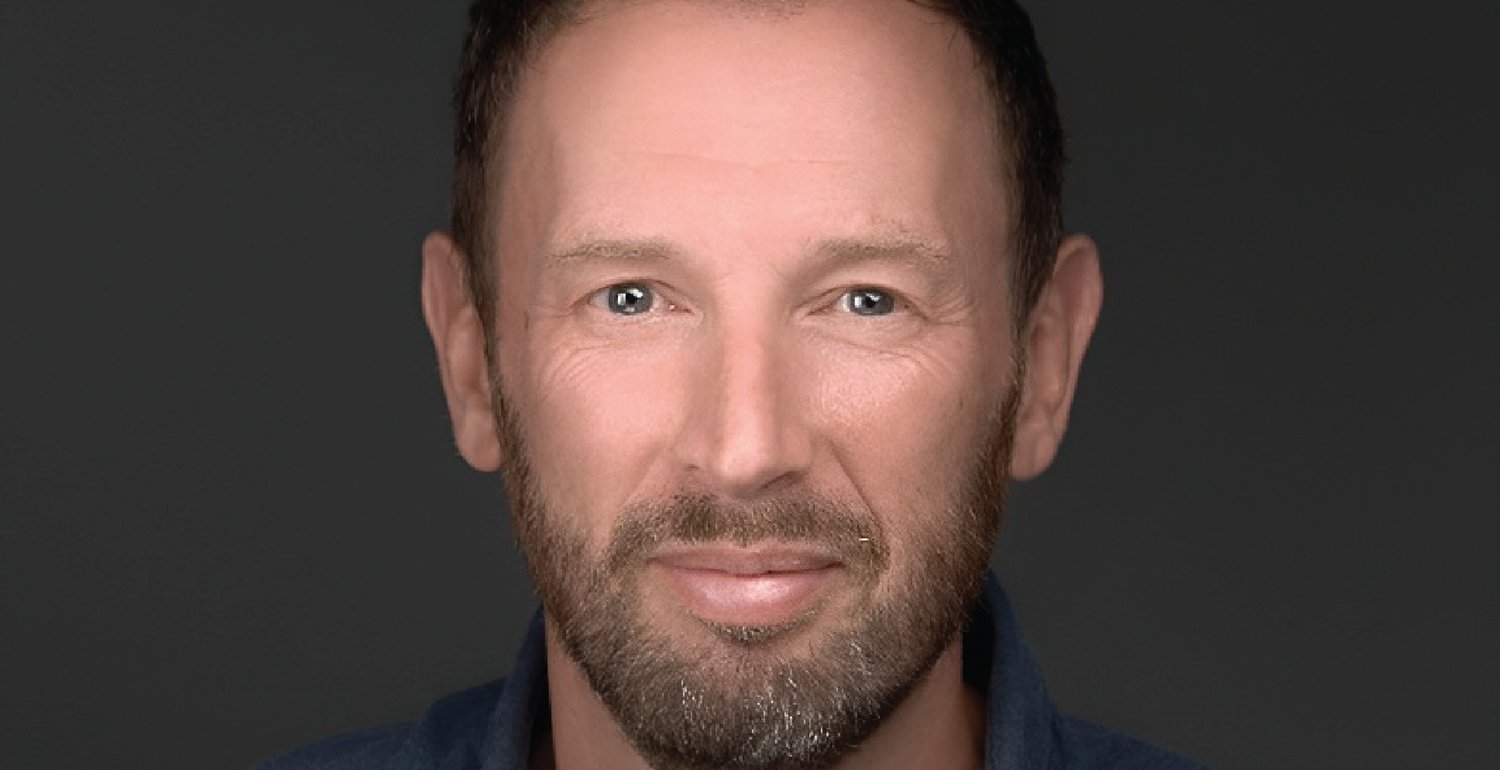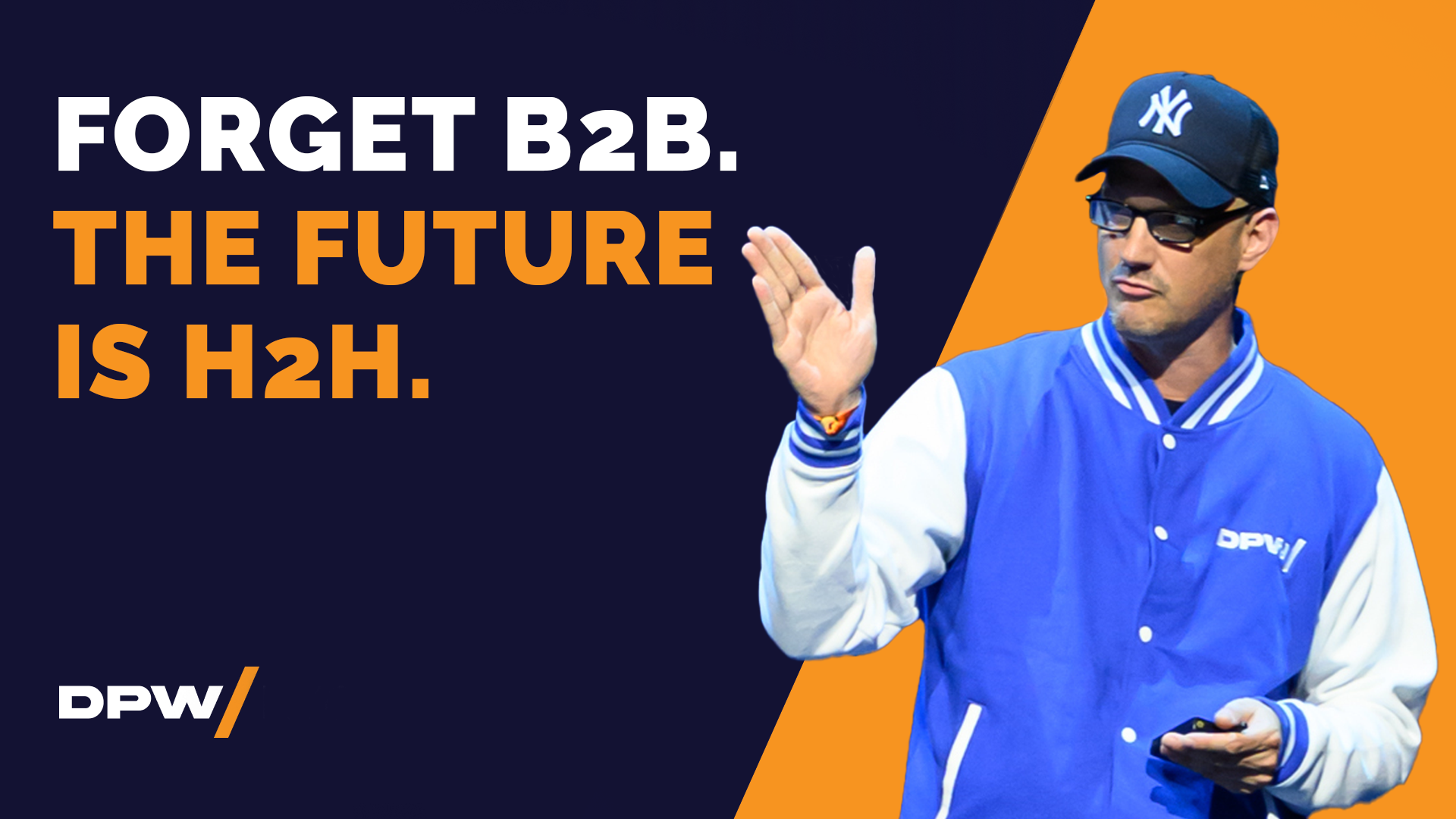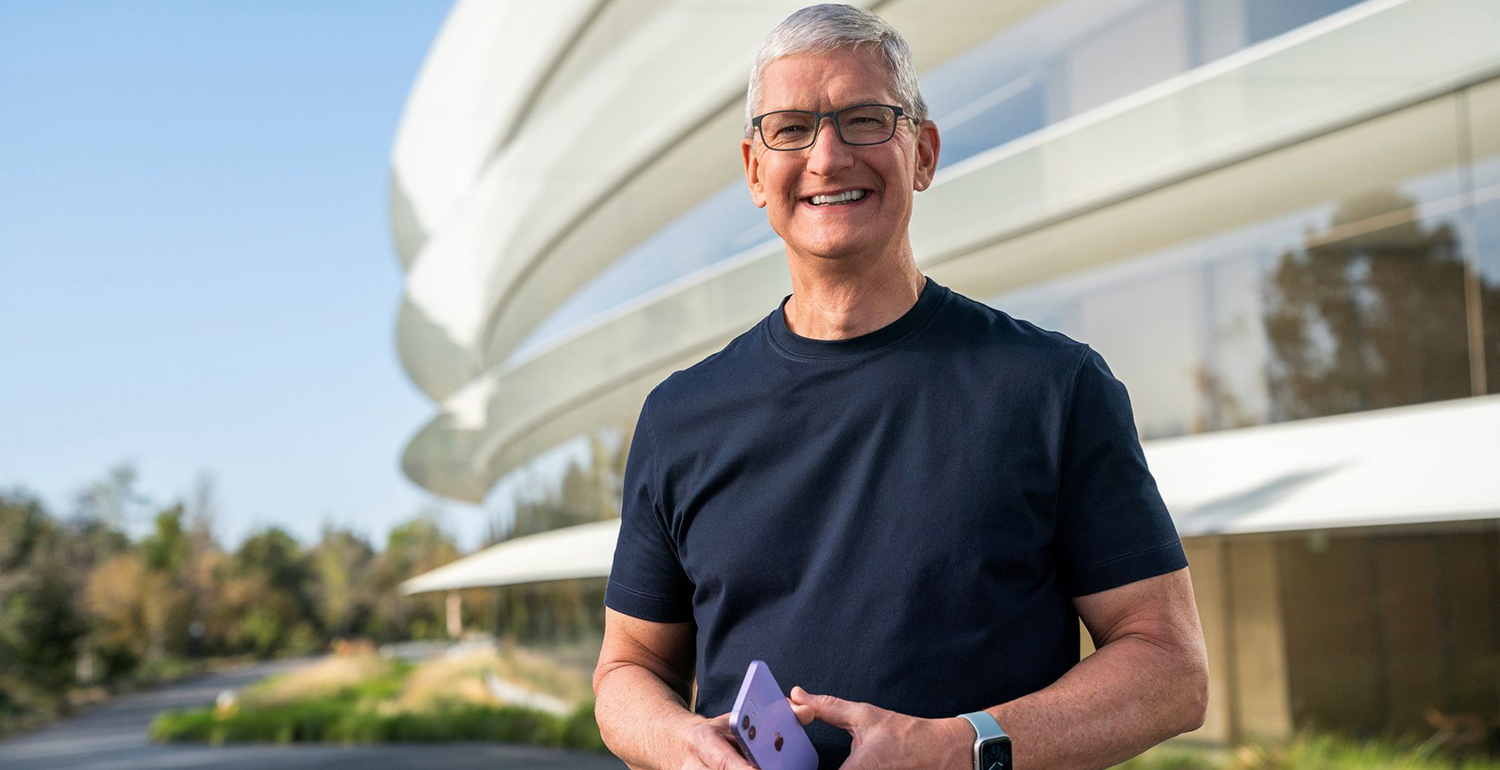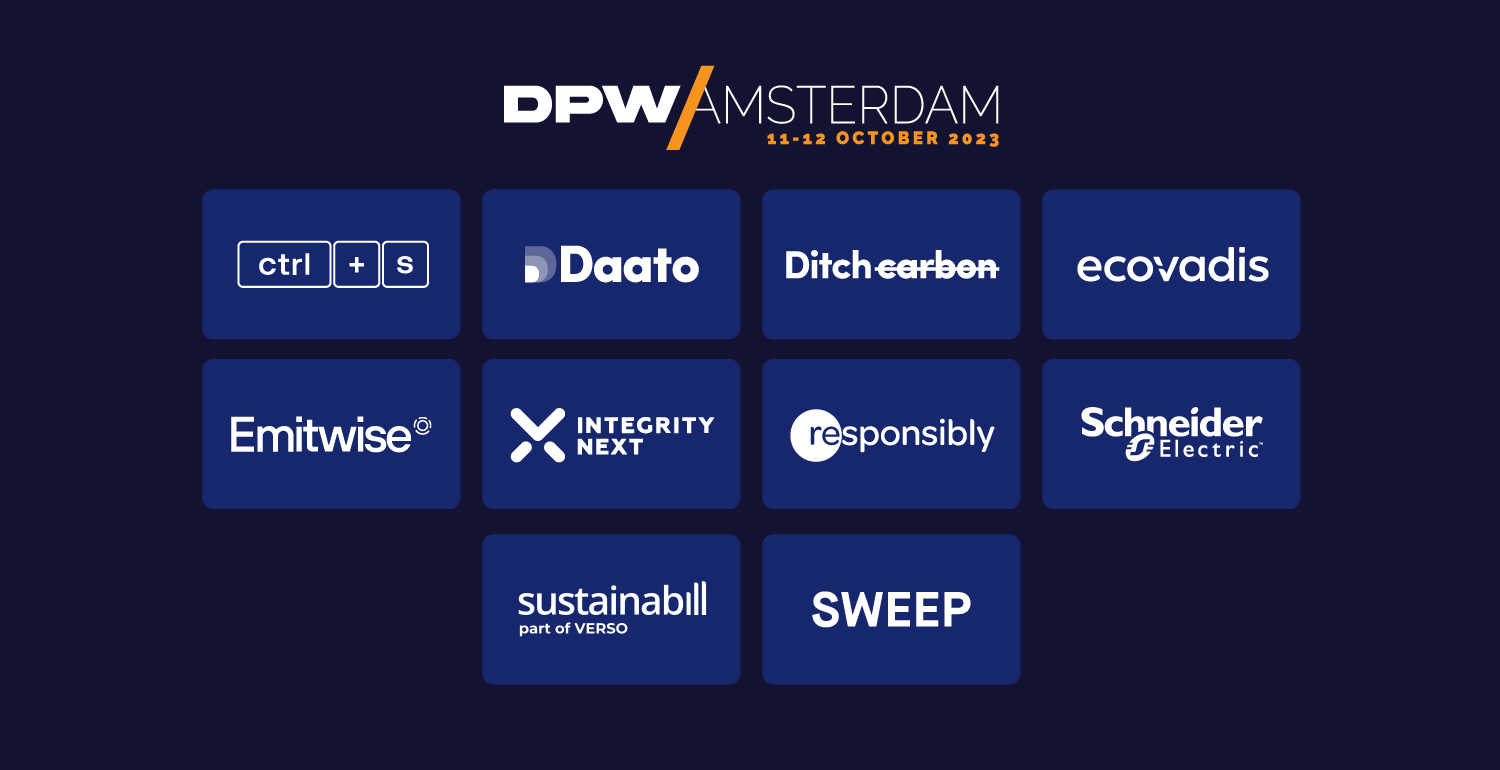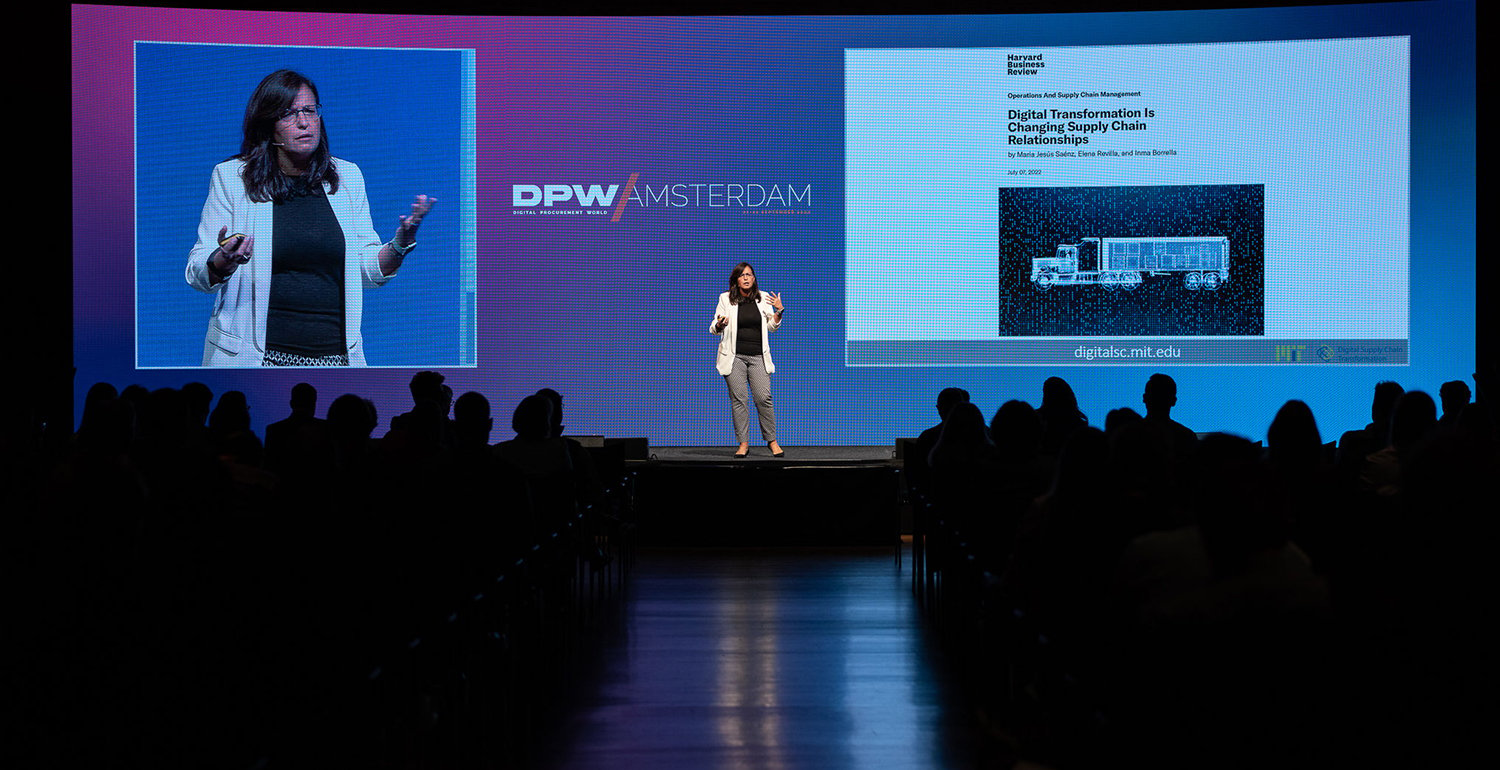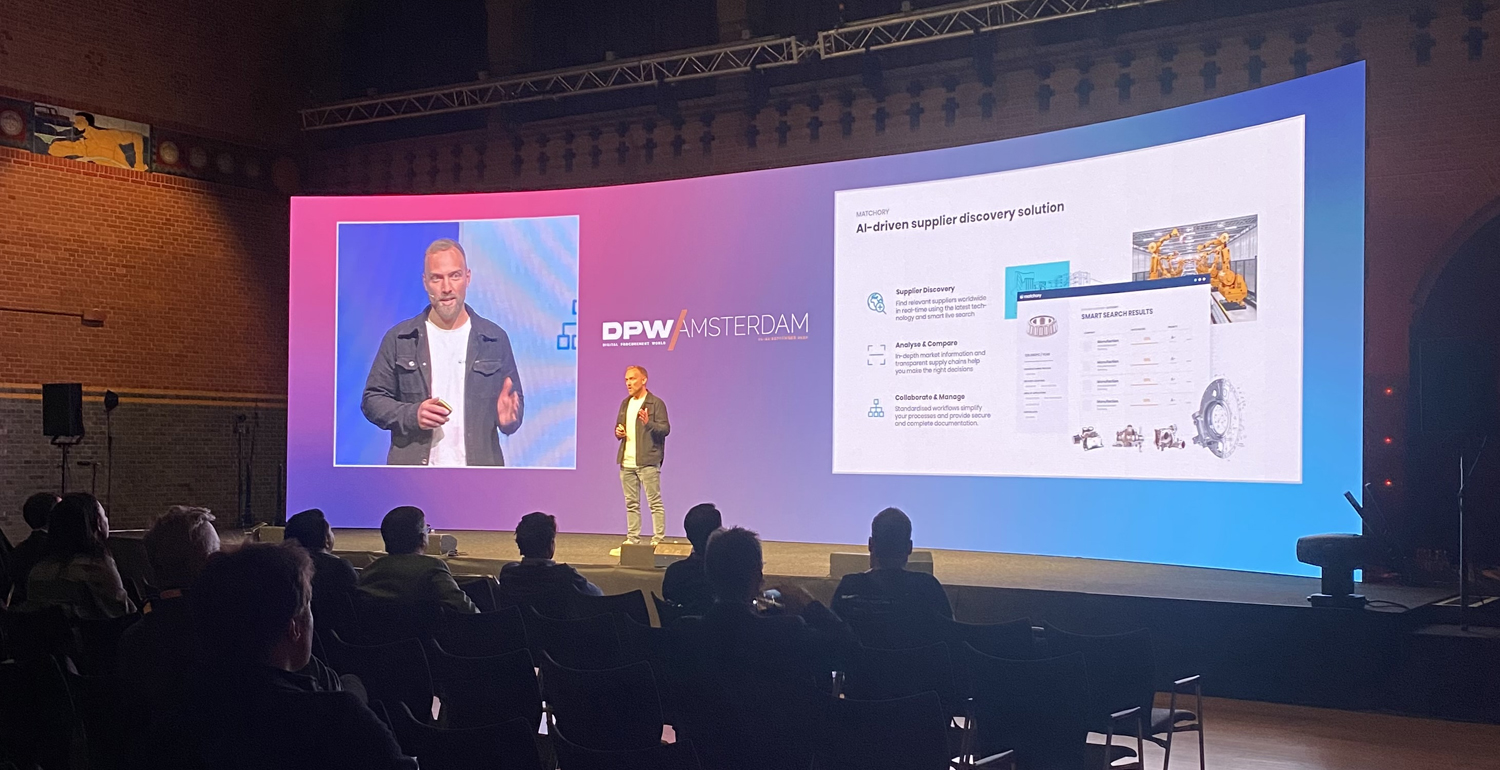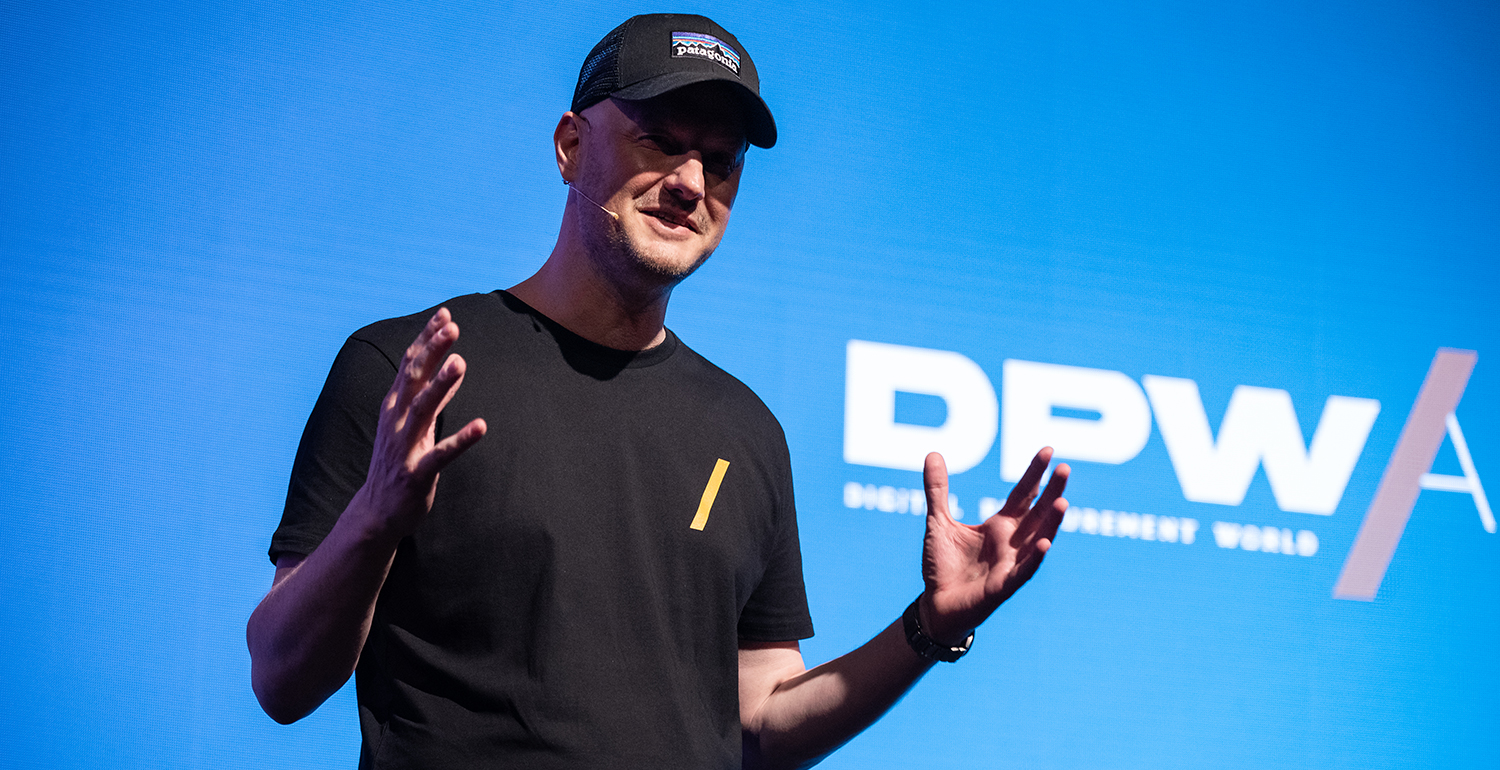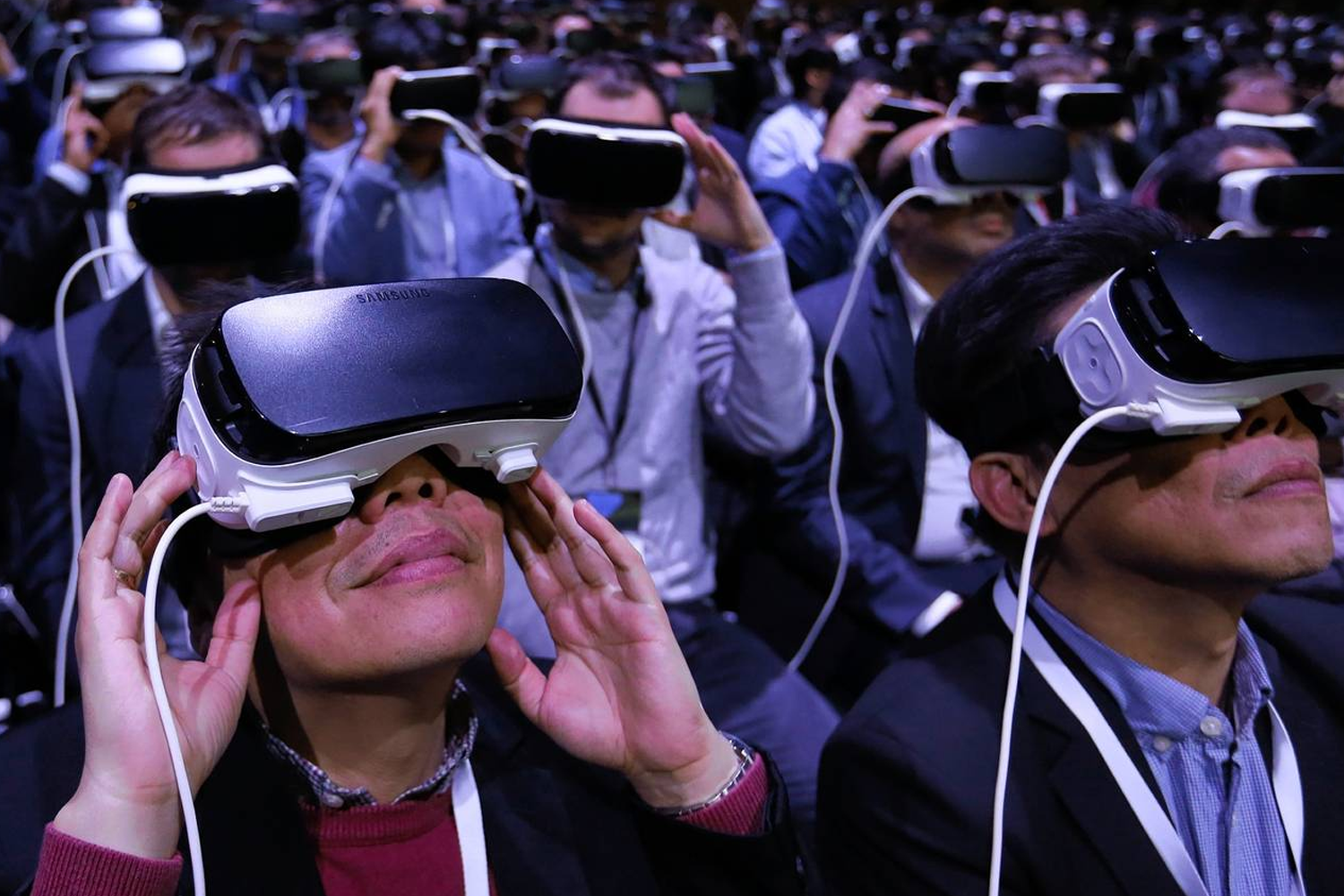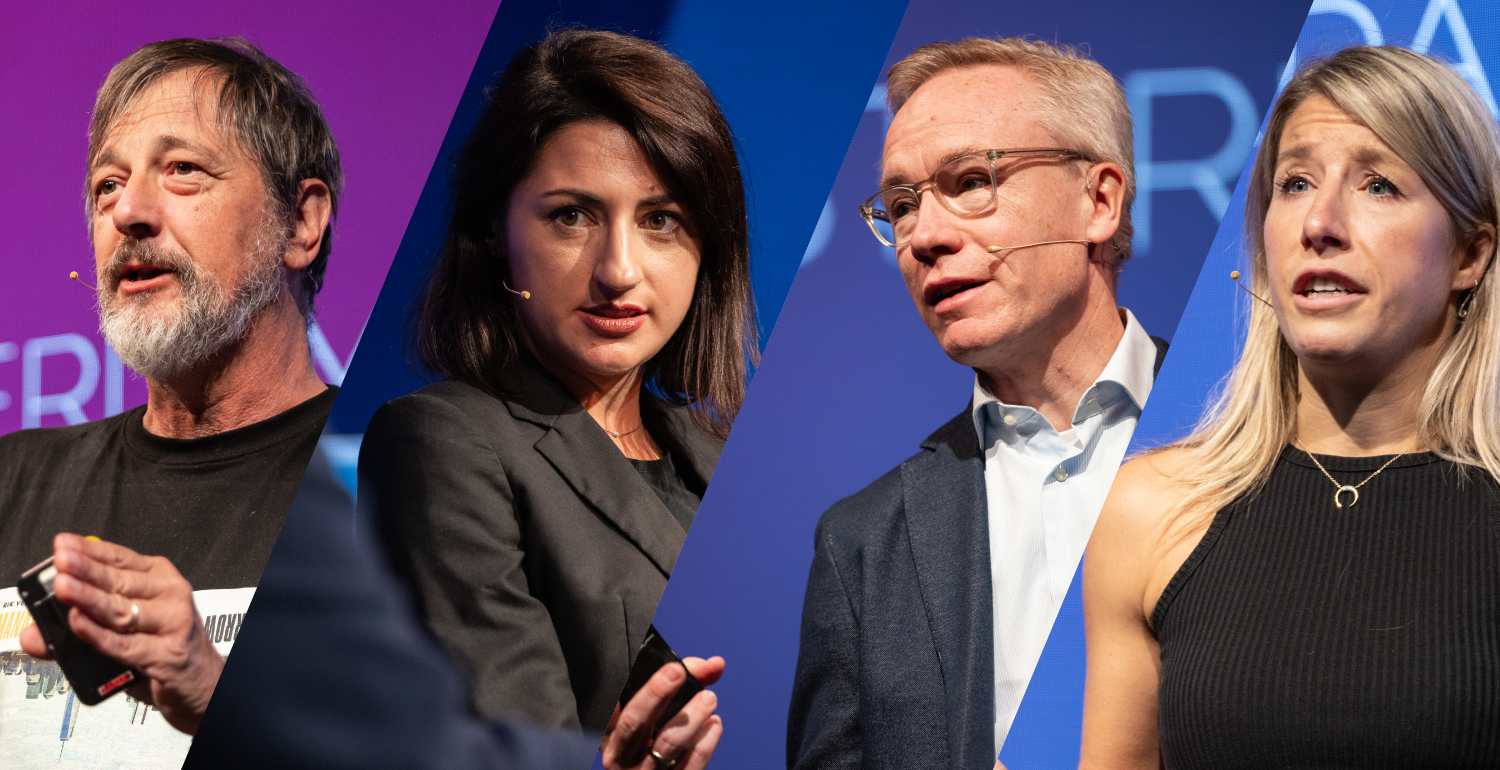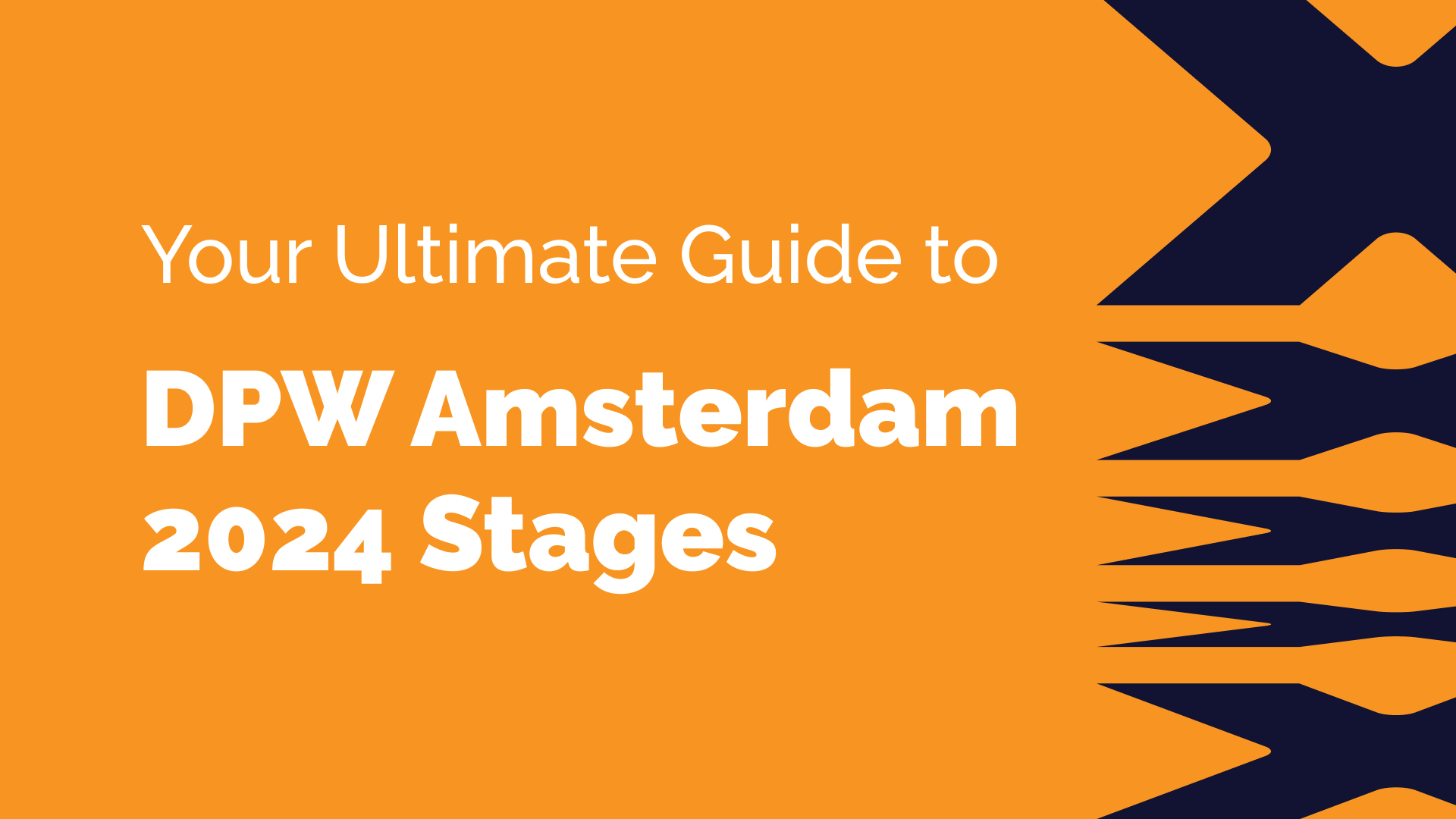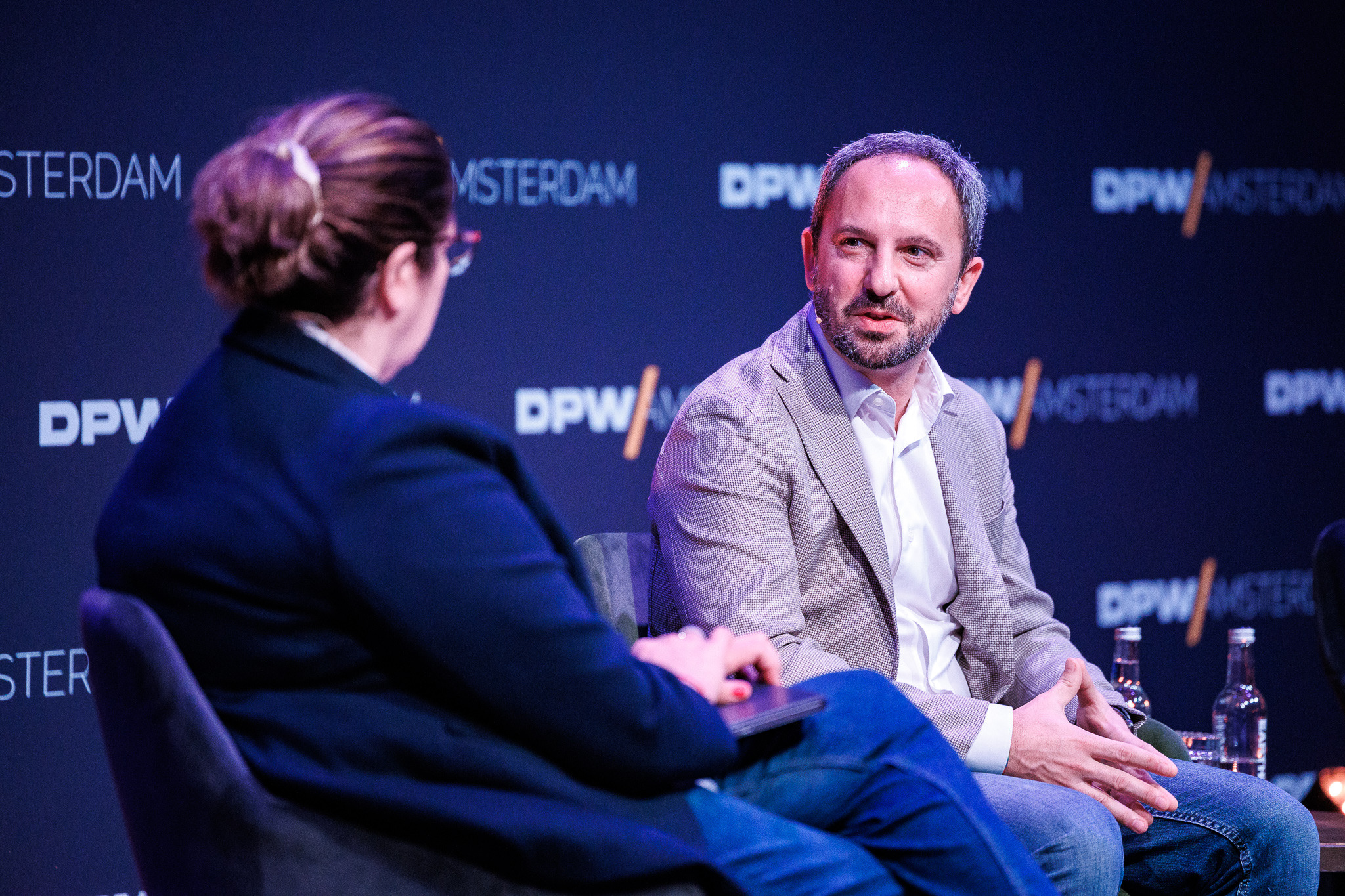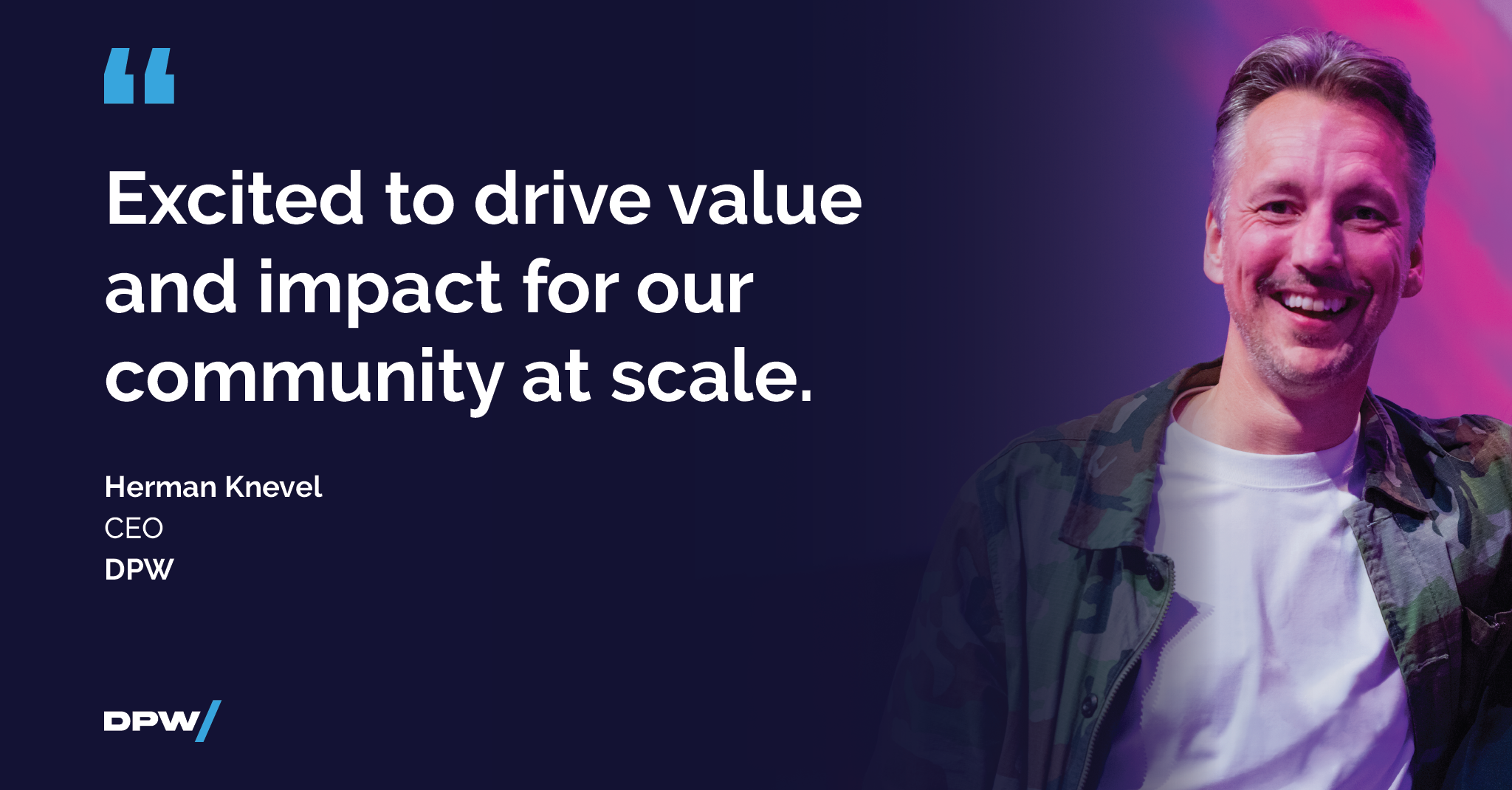DPW interviews Strohmer on "Disruptive Procurement" and procurement's future.
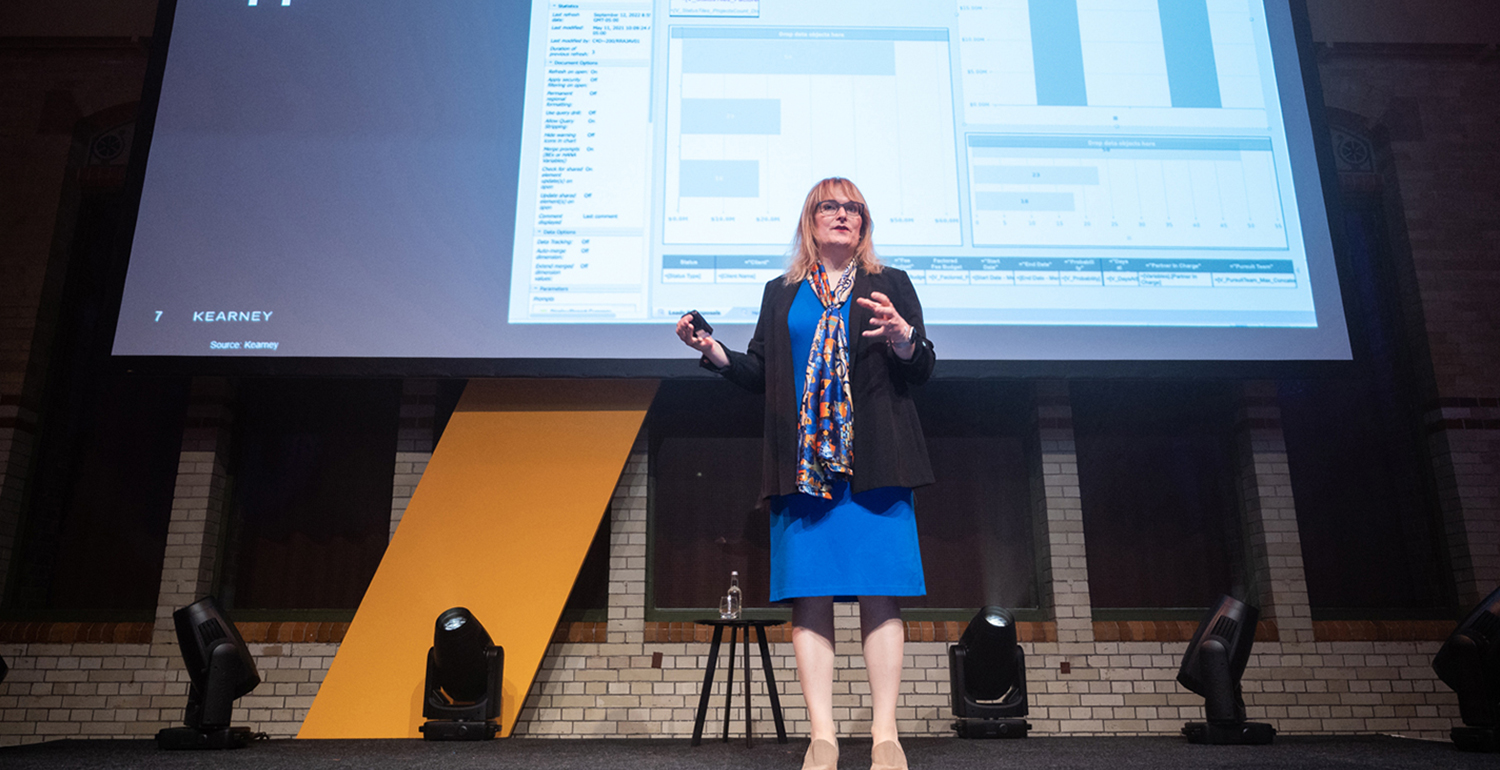
In your book entitled Disruptive Procurement – Winning in a Digital World, you offer a vision of what the world of procurement will look like in 20 years’ time. How will work in procurement change?
Strohmer: Companies must prepare now for a new operating environment and a completely new role for the procurement function. We’re already seeing—accelerated by the pandemic—how all functions are changing and that many things are being replaced by digital technologies. But these changes go far beyond simply using a few digital tools and holding meetings via Zoom. In the end, procurement will emerge as a strategic partner for business, using its immense data resources and analytical capabilities to guide business and anticipate and manage risk. As a result, procurement will become a game-changer and rewrite the rules instead of simply following them as it has done until now.
If we assume that “pure” operational procurement will first be outsourced and then fully automated by 2035, then we can imagine what lies ahead: Very few or even no-one will be employed in operational procurement by then. Systems will operate processes independently, which will minimize error rates massively: For instance, requisitions will be conducted automatically based on machine and warehouse data sent via sensors. There’s be no need for ‘manual work’ in operational procurement.
That sounds as if you see procurement going fully automated. Artificial intelligence and robots replacing today’s procurement experts? No more need for humans?
Strohmer: No, on the contrary. Instead, highly skilled professionals will be needed to lay down the procurement strategy and for analytics, as well as for overseeing the machines that are handling the operational procurement processes.
It’s an age-old debate that’s been running ever since the Industrial Revolution first began—whether machines will eventually rob us of our work and livelihood. By the end, will we have rationalized ourselves away—on the procurement side as well? I disagree. Our work will change, will become more sophisticated and demanding, more creative, interesting and fulfilling. Let’s take a look at the big picture again. We’re dealing with megatrends and global shifts. These are leading to supply chains having to be restructured and even greater demands on supply management. The major industries are undergoing a radical change; the pandemic is also changing the way we live and work and upsetting key supply chains and flows of goods. Companies have to analyze and keep close checks on their costs if they are to be profitable. But in the future, cost considerations will be counter-balanced by concerns about sustainability across the entire value chain. In this new evolution, procurement professionals will no longer be seen as just bargain-hunters and contract negotiators. Instead, procurement will be a major source of challenges to industry beliefs. These trends are accelerating the need for CPOs to manage change and deliver competitive advantage from the supply management component of their value chain.
Exactly what trends do you see ahead of us?
Strohmer: First, we see that we’ll have to manage larger and more complex value chain processes than we are now. In concrete terms, this means more steps in the value chain, more participants such as Tier 2 and Tier 3 supply partners, more data, more interfaces between the IT system, more processes, as well as more possibilities for innovation and savings.
Second, we see procurement becoming the Central Data Analysis Hub. Procurement is a profoundly data-driven discipline, giving it great potential for improvement through new tools, such as artificial intelligence (AI) and other advanced analytics. This means there’s a huge need for creativity with each new tool that is introduced or dataset that can be created or added to a model. Procurement will emerge as the function with the best ideas based on sound data analysis.
And finally, procurement will become a “service-oriented innovation scout”. In the past, procurement was only brought into the innovation process after suppliers were involved by R&D directly. But procurement must be involved much earlier in the product and service design process to make use of its unique ability to scout for innovation in the marketplace and from partners. We predict up to 80 percent of the company’s own value will be influenced by suppliers and partnerships will generate up to 90 percent of innovations.
What does this mean for procurement expertise? How do you imagine the procurement experts of tomorrow
Strohmer: We see procurement experts evolving into specialists in data science and innovation scouting. And we see three measures companies can and must take right now: Skill up the procurement staff, make “faster” a priority, and lay the digital groundwork for fully automated operational procurement.
The first thing to do is: Skill up the procurement staff. Companies must properly manage the transition from running an operational procurement department with a large number of full-time employees to operating a highly skilled, strategic procurement department. The task is to help the department’s personnel skill up and build the capabilities they need to fill their new roles. In the end, procurement professionals need to fit into two distinct profiles. The first covers those who are the networkers with high emotional intelligence and capable of being a catalyst for the whole company. The second profile is more technical: Procurement also needs data scientists with strong analytical skills. These experts are able to identify new sources of data and then make this data usable.
Michael F. Strohmer is Partner & Managing Director & EMEA Co-Head Operations Practice at Kearney.









